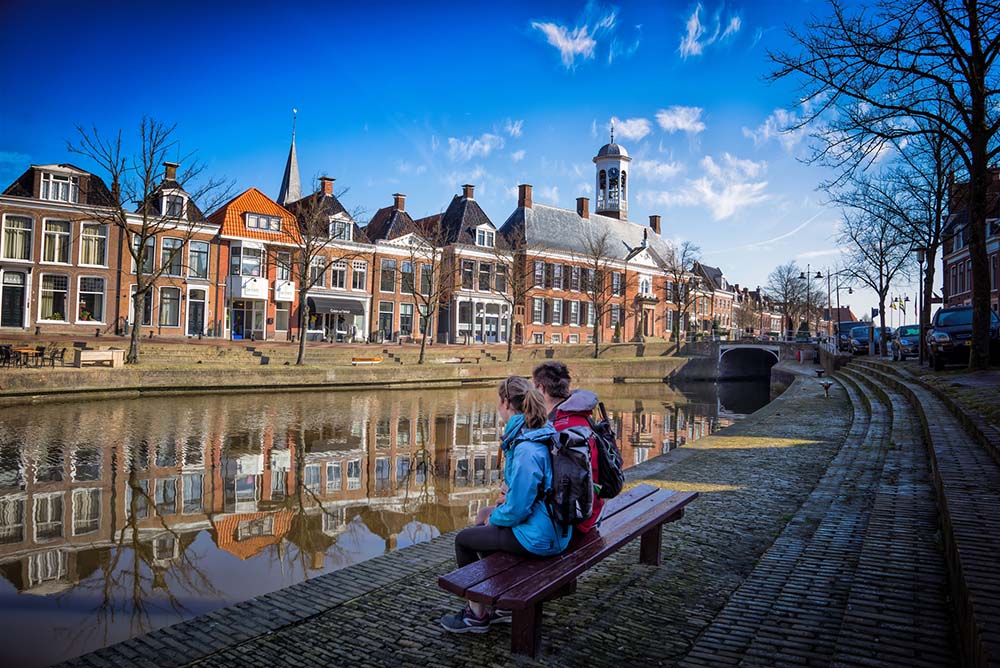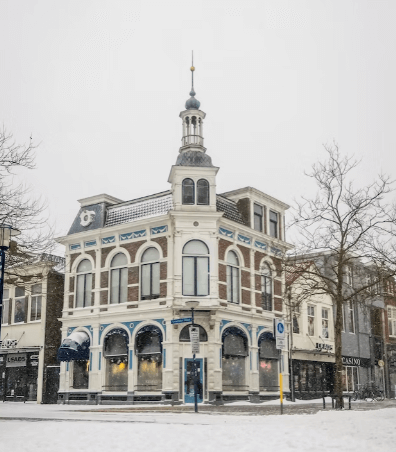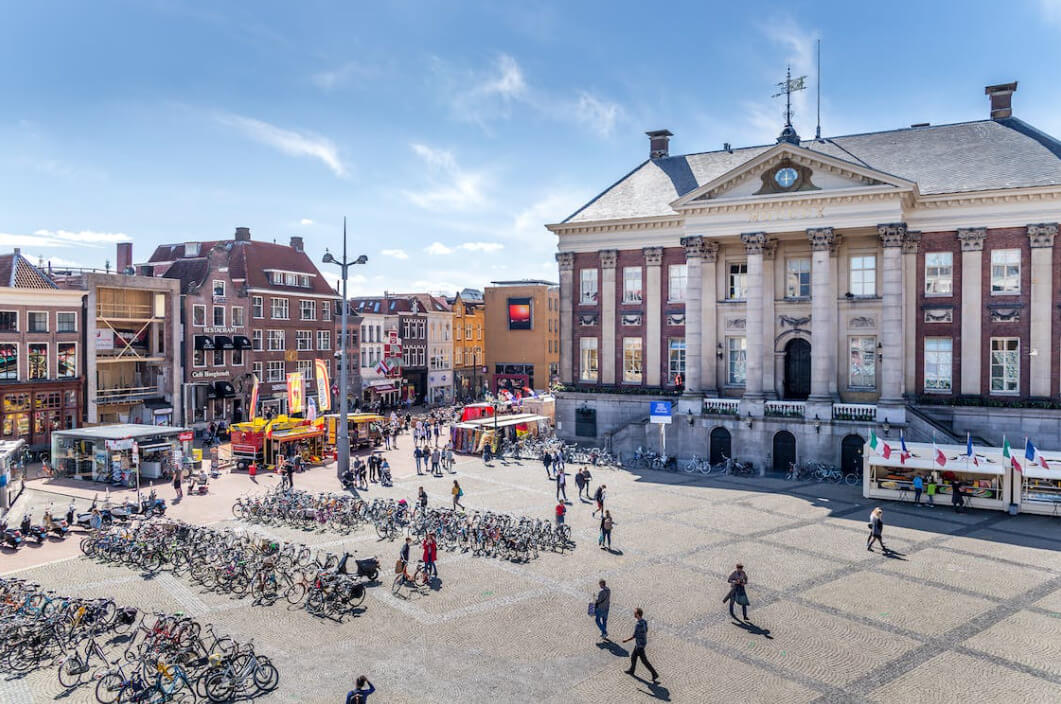PhD in Union Politics: Organized Labor in Democracy (1.0 FTE)

Applications are invited for a fully-funded four-year PhD position in international relations at the University of Groningen, focusing on the transnational role of unions and the effects of unionization in the democratic public spheres of the industrialized states of the twentieth and twenty-first centuries.
The recently renewed global push towards unionization after decades of decline in union membership, the changed class structure of the international labor movement, which is driven in large part by members of the precariat rather than the traditional proletariat, has once again put labor organizing on both the political (and academic agenda). From a theoretical perspective, this transnational phenomenon has driven a resurgence in thinking about the legitimacy and transformational potential of labor militancy, both in the workplace and in society at large. Empirically, scholars have sought to use past examples of strikes and labor organizing to better understand this contemporary movement and where it is likely to lead. However, there has been little investigation of what role unions can and should play in political debate, despite their newfound relevance and voice. In light of this lacuna, there is a need for further theoretical, historical and evidence-based investigation of the role of unions in modern democratic societies.
Drawing on political theory, this project considers how unions, unionization, and union membership contribute to democratic life and democratic political thinking in this new constellation of international labor. It will do so through a careful empirical study of unions across a number of international case studies, examining how their participation in democratic society does or does not influence both formal politics and political culture more generally. The research aims to consider the material and theoretical links between workplace democracy and political democracy, an intersection that is rarely studied. The timeframe and geographic scope of the project are open to the interests and skills of the doctoral candidate to be hired.
The PhD Project
In the PhD project, jointly supervised by dr. Peter Verovšek (International Relations) and dr. Jason Resnikoff (Contemporary History), the selected candidate will identify their own interdisciplinary focus and interest within the broad framework set out above. Candidates are asked to formulate and explain their focus in a research proposal, in which they describe the research idea, possible primary sources, and academic disciplines relevant to the project. Please note that an interdisciplinary focus is fundamental to this project, which means that candidates are encouraged to find connections between different disciplines and types of sources.
During the four-year PhD position, you will be asked to:
- Write and complete a dissertation within the framework of the project
- Publish and present a number of academic and popular articles and/or papers about your research (in discussion with your supervisors)
- Participate in teaching activities in the programs of International Relations and History at the University of Groningen.
Organisation
Since its foundation in 1614, the University of Groningen has established an international reputation as a dynamic and innovative university offering high-quality teaching and research. Its 27,000 students are encouraged to develop their own individual talents through challenging study- and career paths. The University of Groningen is an international center of knowledge: It belongs to the best research universities in Europe and is allied with prestigious partner universities and networks worldwide.
The Faculty of Arts is a large, dynamic faculty in the heart of the city of Groningen. It has more than 5000 students and 700 staff members, who are working at the frontiers of knowledge every day. The Faculty offers a wide range of degree programs: 15 Bachelor's programs and over 35 Master's specializations. Our research, which is internationally widely acclaimed, covers Archaeology, Cultural Studies, History, International Relations, Language and Literary Studies, Linguistics and Media and Journalism Studies.






